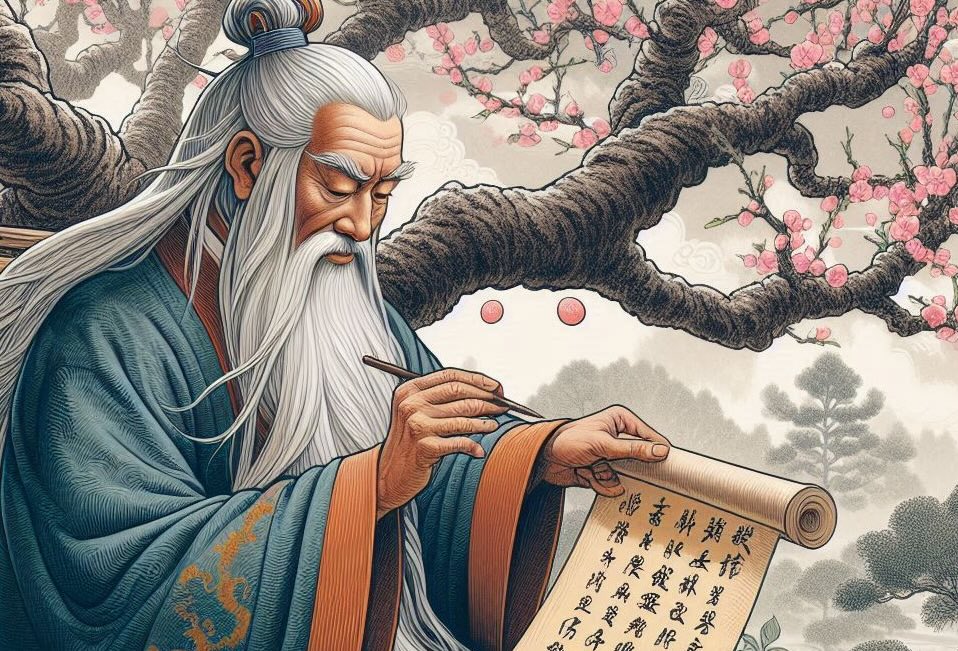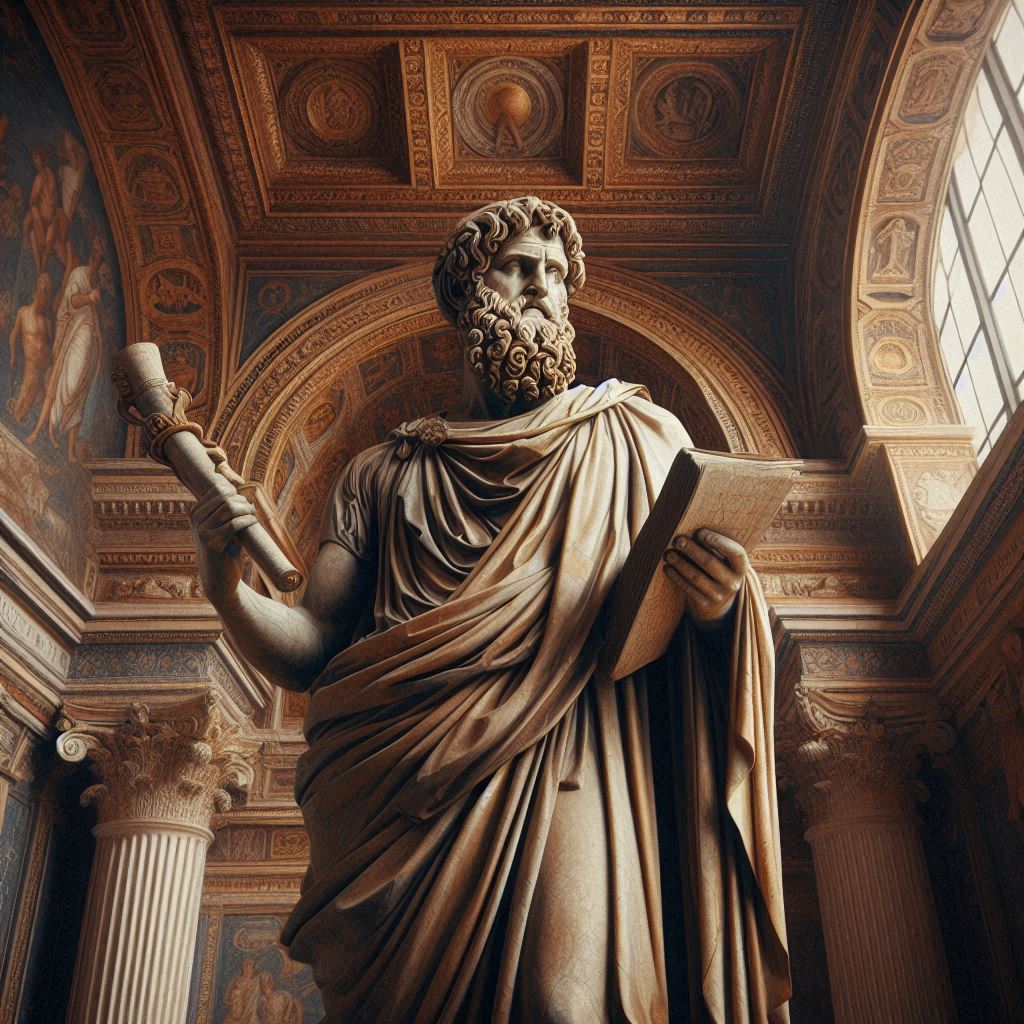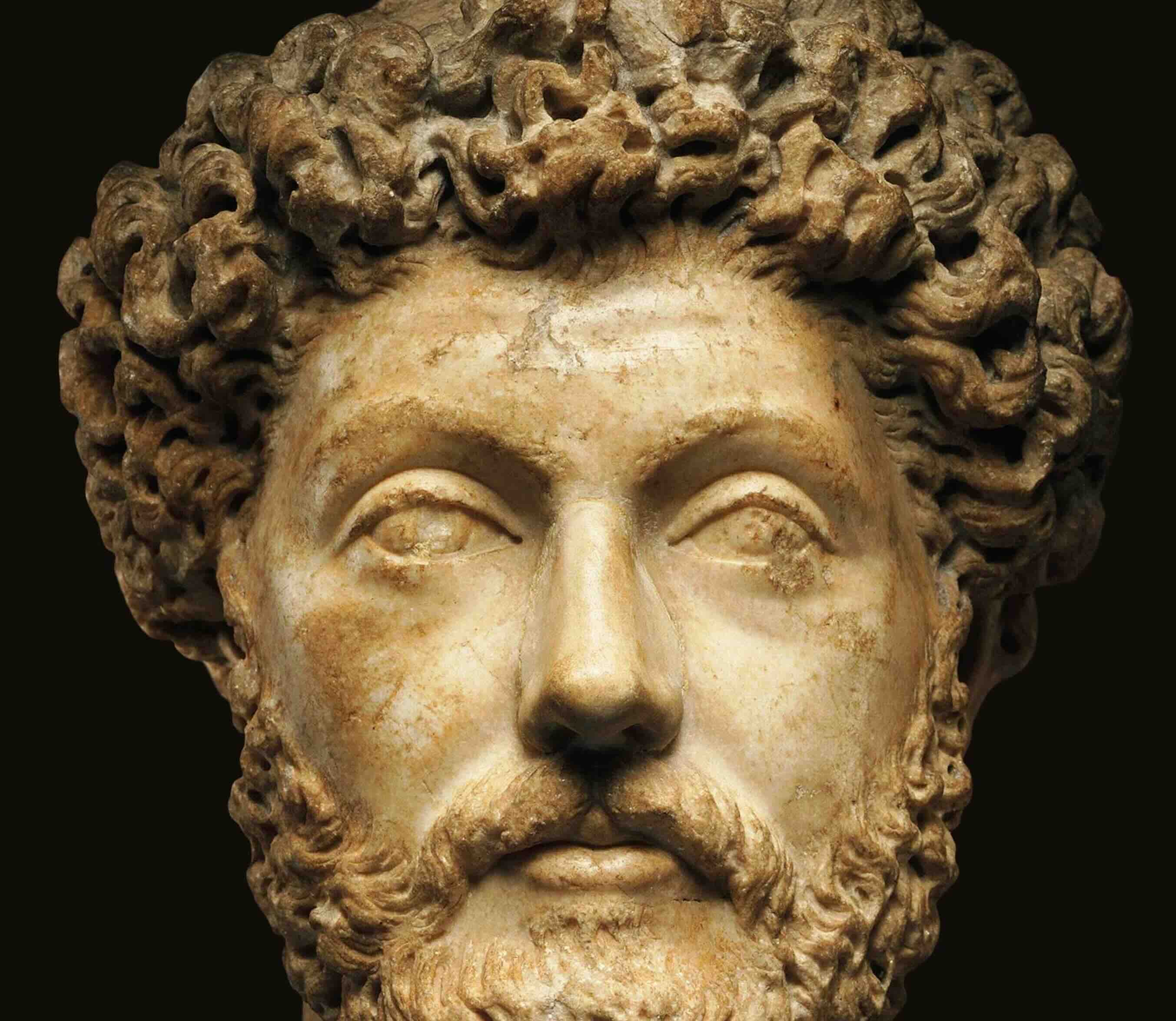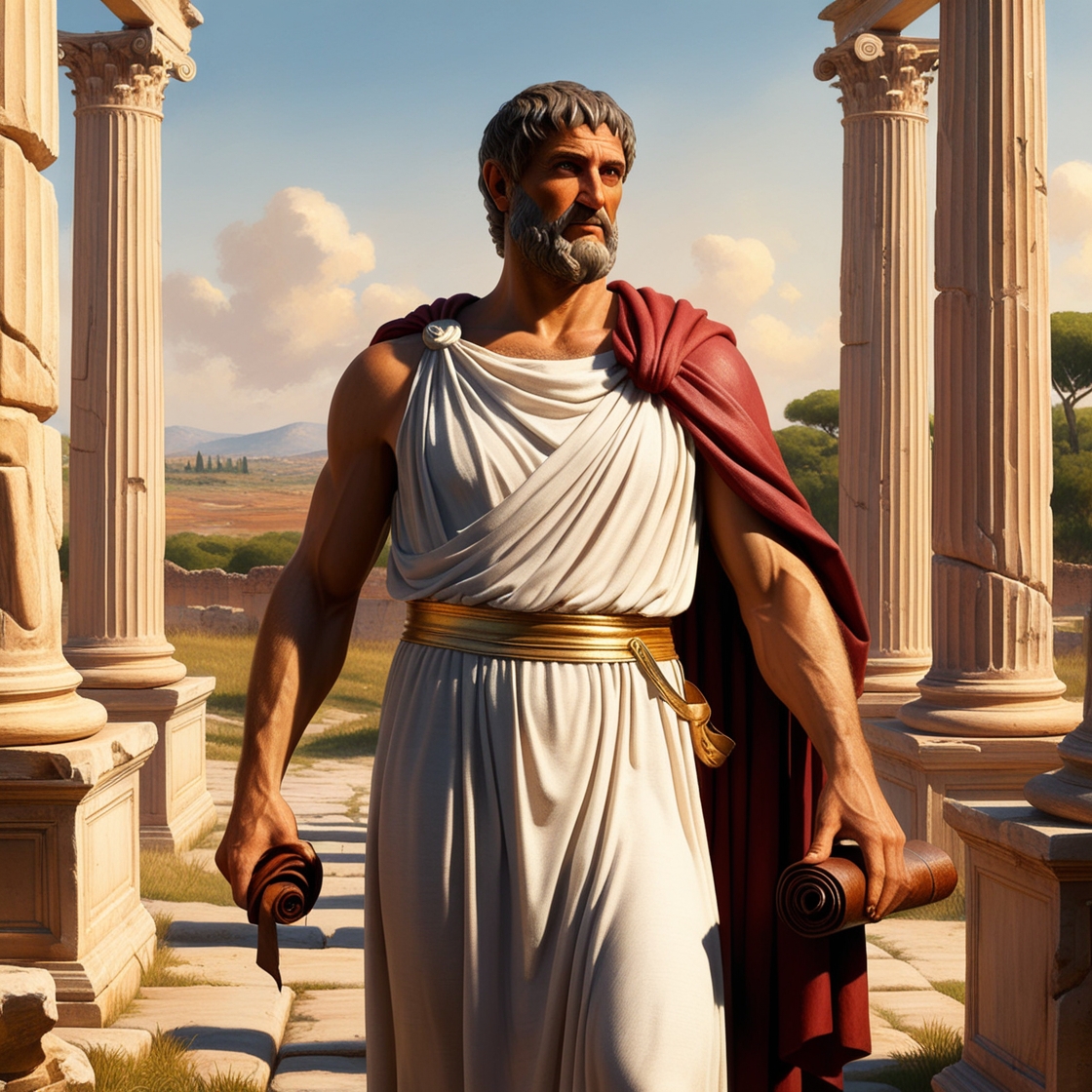· Person
Epictetus
a Greek Stoic philosopher who was born into slavery but later became one of the most influential teachers of Stoicism.

Epictetus
Epictetus (c. 55 – 135 AD) was a Greek Stoic philosopher who was born into slavery but later became one of the most influential teachers of Stoicism. Although he left no written works, his ideas were recorded by his student Arrian in texts such as the “Discourses” and the “Enchiridion” (The Handbook). Epictetus’ philosophy emphasizes personal freedom through self-discipline, focusing on what is within our control and accepting what is not.
Key Aspects of Epictetus’ Life and Teachings
1. Early Life and Background
- Born into slavery: Epictetus was born a slave in Hierapolis (modern-day Turkey) and served in the household of Epaphroditus, a wealthy freedman of Emperor Nero.
- Education and freedom: Despite his status, he was allowed to study philosophy under the Stoic philosopher Musonius Rufus. Later, Epictetus was granted his freedom and began teaching Stoicism in Nicopolis (Greece).
2. Core Stoic Philosophy
Epictetus’ teachings are built around the fundamental principles of Stoicism, emphasizing the importance of controlling one’s reactions and accepting the natural order.
a. The Dichotomy of Control
- Epictetus is best known for teaching that we should focus on what is within our control—our thoughts, actions, and choices—and accept what is not, such as external events, other people’s opinions, or circumstances.
- Famous quote: “It’s not what happens to you, but how you react to it that matters.”
b. The Role of Reason
- Like other Stoics, Epictetus believed that humans are rational beings, and we should use our reason to guide our actions and decisions. Living according to reason leads to a virtuous and content life.
- Famous quote: “Man is disturbed not by things, but by the views he takes of them.”
c. Freedom Through Self-Mastery
- For Epictetus, true freedom comes not from external circumstances, but from mastering oneself. By controlling our desires, emotions, and reactions, we become free from the tyranny of external forces.
- Famous quote: “No man is free who is not master of himself.”
3. The “Enchiridion” (The Handbook)
- The Enchiridion, a collection of Epictetus’ teachings compiled by Arrian, serves as a practical guide to Stoic living. It offers concise advice on how to handle life’s challenges, deal with emotions, and maintain perspective by focusing on what is within our control.
- It teaches the value of virtue, self-discipline, and acceptance of fate, emphasizing that happiness and tranquility can be achieved by aligning with nature and focusing on our own actions.
4. Stoic Virtue and Ethics
- Epictetus taught that virtue is the only true good, and living virtuously is the path to a fulfilling life. He believed in practicing the four cardinal virtues of wisdom, courage, justice, and temperance.
- His ethical framework encourages people to take responsibility for their own actions and to live in harmony with the natural order, focusing on moral character above all else.
5. Influence on Later Philosophers
- Epictetus’ teachings greatly influenced later Stoics such as Marcus Aurelius, who often quoted Epictetus in his own writings.
- His philosophy also resonated beyond antiquity, influencing modern thinkers, self-help movements, and psychological practices like Cognitive Behavioral Therapy (CBT), which shares Stoic principles of managing thoughts and emotions.
Legacy
Epictetus is remembered as one of the greatest Stoic philosophers, despite the challenges of his early life as a slave. His teachings on self-mastery, the dichotomy of control, and the pursuit of virtue have endured for centuries, offering practical wisdom on how to live a resilient, meaningful, and tranquil life.
Conclusion
Epictetus’ legacy lives on through his students and his teachings, which continue to guide individuals on how to live virtuously, embrace personal responsibility, and achieve inner peace by focusing on what we can control and accepting what we cannot.
Here are some amazing quotes from Epictetus:
"It is not what happens to you, but how you react to it that matters."
"Man is disturbed not by things, but by the views he takes of them."
"No man is free who is not master of himself."
"He who has a why to live can bear almost any how."
"Freedom is the only worthy goal in life. It is won by disregarding things that lie beyond our control."
"Wealth consists not in having great possessions, but in having few wants."
"First say to yourself what you would be; and then do what you have to do."
"How long are you going to wait before you demand the best for yourself?"
"If you want to improve, be content to be thought foolish and stupid."
"Don’t explain your philosophy. Embody it."
"The more we value things outside our control, the less control we have."
"Remember, you have been criticizing yourself for years and it hasn’t worked. Try approving of yourself and see what happens."
"No great thing is created suddenly."
"It’s not what happens to you, but how you react to it that matters."
"The key is to keep company only with people who uplift you, whose presence calls forth your best."
"If you want to improve, be content to be thought foolish and stupid."
"Don’t seek for everything to happen as you wish it would, but rather wish that everything happens as it actually will – then your life will flow well."
"We should always be asking ourselves: ‘Is this something that is, or is not, in my control?’"
"It is not the events themselves that disturb people, but only their judgments about them."
"If you could see your whole life laid out in front of you, would you change anything?"
"He who laughs at himself never runs out of things to laugh at."
"Wealth consists not in having great possessions, but in having few wants."
"People are not disturbed by things, but by the views they take of them."
"He who is not a good servant will not be a good master."
"Circumstances don’t make the man, they only reveal him to himself."
"We should take care not to carry into old age the regrets of youth."
"What man actually needs is not a tensionless state but rather the striving and struggling for some goal worthy of him."




